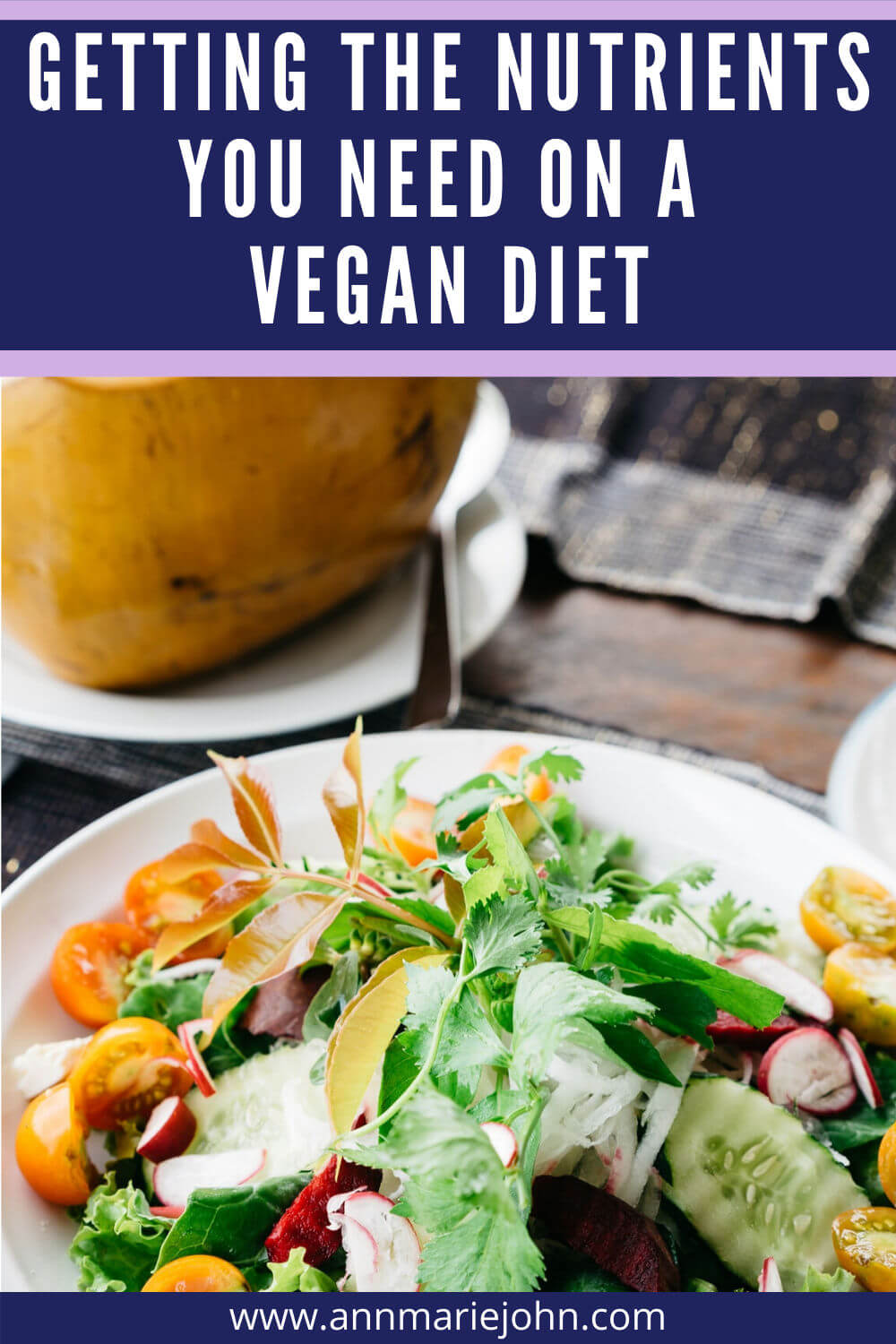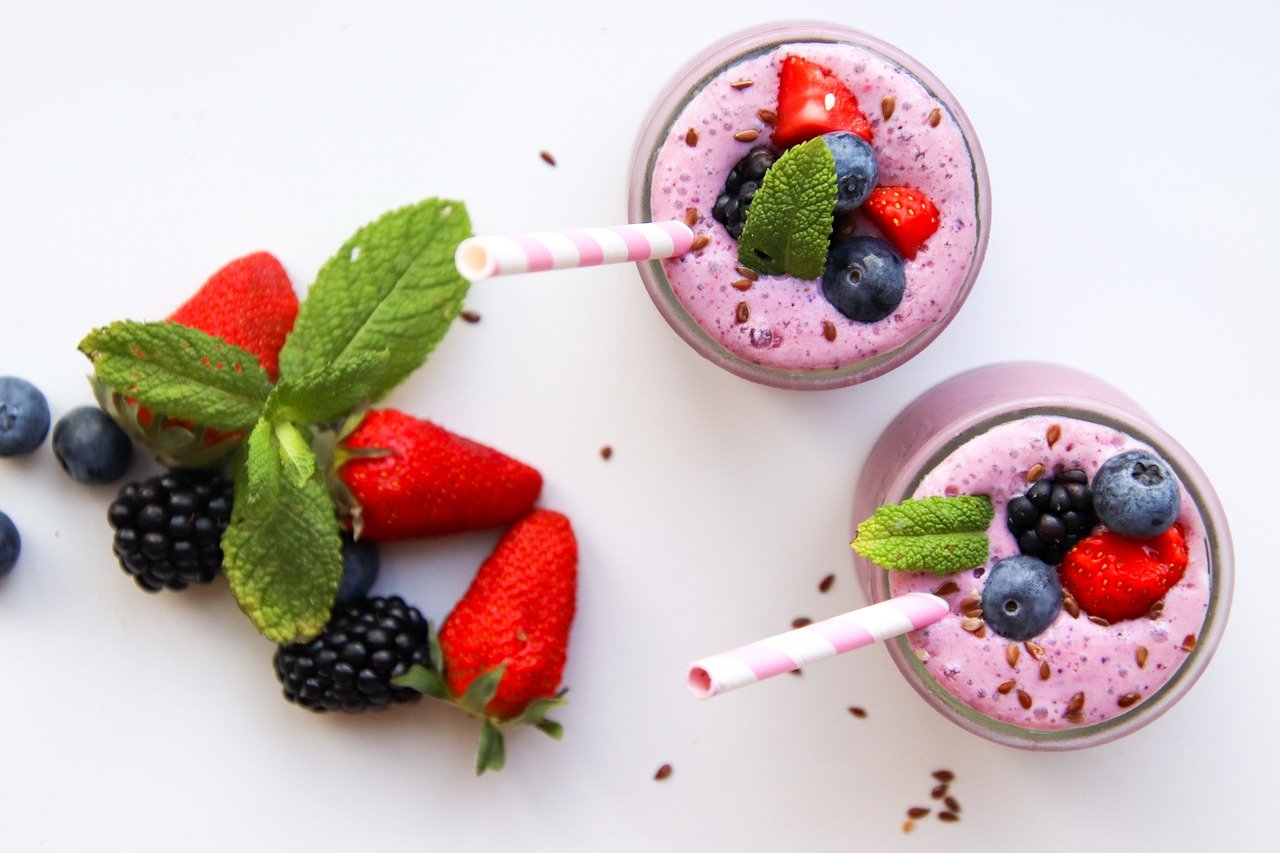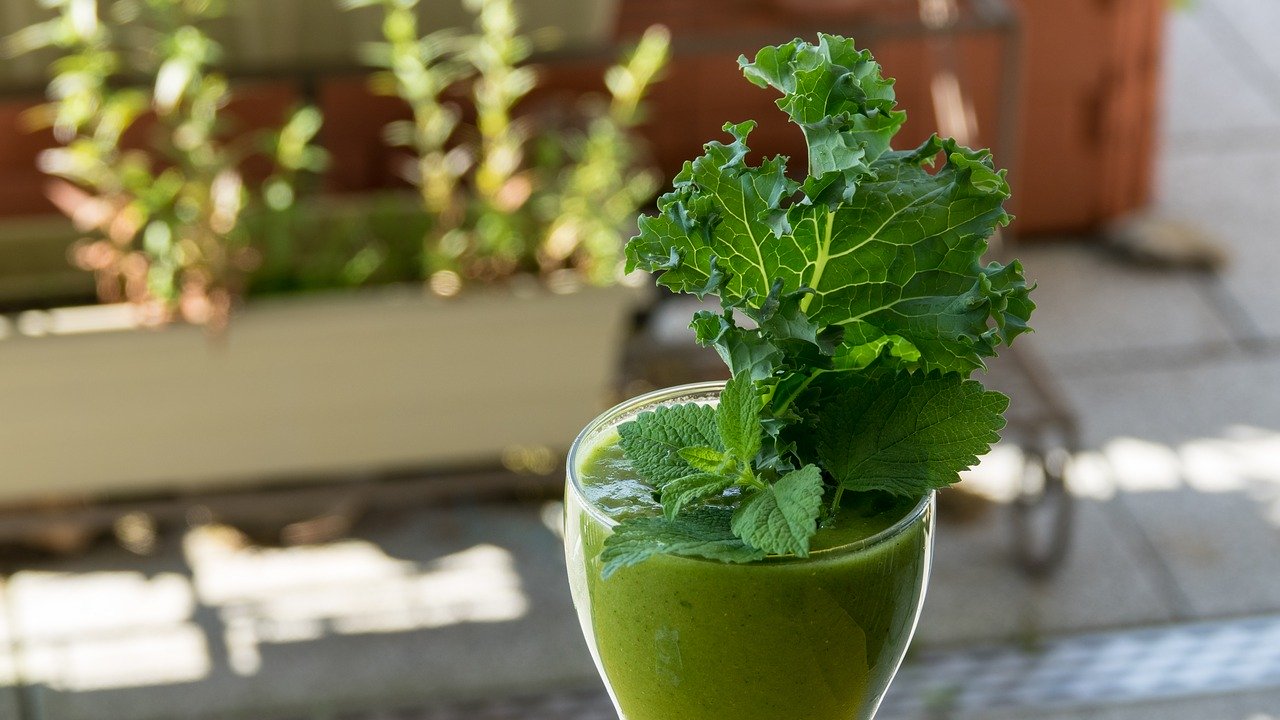
A well-balanced vegan diet is considered as one of the healthiest around. But since you are eliminating a few items from your meals, it is important to pay close attention to how you can supplement any nutrients you could be missing out on.
Nutrient deficiency is a common issue among vegans, although this is something that can be easily remedied. Protein is an obvious type of nutrient that is lacking and should be supplemented. But as a vegan, you need to also look into other types of nutrients such as calcium, iron, and vitamin B12.
How do you ensure that you get all of the essential nutrients your body needs? This guide will show you how to formulate a diet plan to ensure that any nutrients you get from meat and other animal products can be supplemented so you can stay healthy.

INTAKE OF SUPPLEMENTS
The easiest way to ensure that you get the right supply of essential nutrients commonly lacking in a vegan diet is to take supplements. You can either take these in pill form or powder.
There are plenty of options in the market these days. In fact, you can find supplements in a variety of forms such as protein and calcium shakes. For instance, you can buy spirulina powders and make your own shakes at home (protein shakes are an essential part of a vegan diet). This powder can be added to protein shakes or smoothie recipes since it is high in protein, as well as B vitamins and antioxidants (among other types of nutrients).
If you cannot find them in powder form, there are also other types of supplements such as capsules or tablets. Find a product that works for you and your lifestyle so you can incorporate it into your daily diet.

LOOK FOR VEGETARIAN PROTEIN SOURCES
Meat is not the only source of protein for your diet. You can also get this essential nutrient from various plant-based sources. For vegans, tofu, lentils, chickpeas, seitan, nuts, seeds, whole grains, and soy are good sources. Make sure you incorporate a variety of these into your meal plans to ensure that your diet is still rich in protein (even when you omit meat or animal by-products such as eggs).
Women need at least 45 grams of protein each day, while men need about 55 grams. If you eat one cup of tofu per day, you can get 20 grams of protein as part of your daily requirement. You can incorporate other plant-based protein sources in your diet to ensure that you satisfy your total requirements on a daily basis.
It is also important to vary it up because these plant-based protein sources offer a wide range of other nutrients. This will ensure that you can get a good amount of nutrients per day and not just proteins.
GETTING ENOUGH CALCIUM
Calcium is another type of nutrient that is found in milk, eggs, and other types of animal products. As a result, many vegans suffer from its deficiency. You can address this by looking to add more calcium sources in your daily diet. This nutrient is vital in building stronger bones and attaining optimum health. Thus, you can never be without it.
The good news is that milk is not the only source of calcium. You can also eat many vegan-friendly food sources that are calcium-rich such as kale (kale is a rich source of calcium for vegans), soy milk, spinach, broccoli, almonds, tahini, collard greens, and carrots.

IRON SOURCES FOR VEGANS
It is very likely that you need to give your iron levels a boost, as well. For non-vegans, they typically get their iron from beef, clams, seafood, egg yolk, liver, pork, and chicken. Luckily, you don’t need to suffer from iron deficiency because there are plenty of other iron-rich sources that are not from animals.
If you need an iron boost in your diet, you can eat hummus, chickpeas, tofu, lentils, soy, and spinach. It is also important to get an adequate amount of vitamin C in your diet as it helps with the absorption of iron and other nutrients by your body. Moreover, you must avoid drinking coffee or tea at least 3 hours before a meal as it can also lower your body’s ability to absorb iron.
VITAMIN B12 FOR VEGANS
Vitamin B12 deficiency is one of the most common health concerns for vegans. Many opt to take vitamin B12 supplements to ensure that they get a good amount of this nutrient. But if you are looking for a food source, nutritional yeast is recommended. Miso and seaweed can also provide you with vitamin B12, although they are available in minimal amounts only.

By making sure that you avoid deficiencies, you will surely enjoy your vegan journey so much more and maintain a healthy body! Be more mindful of what you consume and keep learning about this lifestyle. New products and recipes will eventually become available to solve nutrient deficiency issues, so be on the lookout for those solutions!
